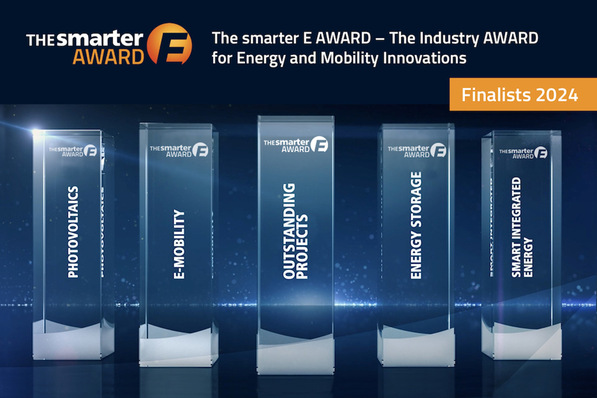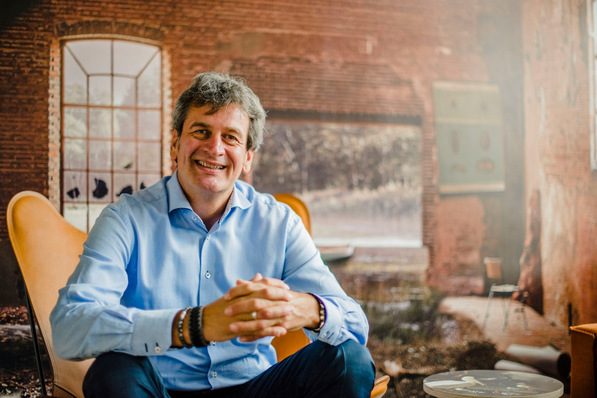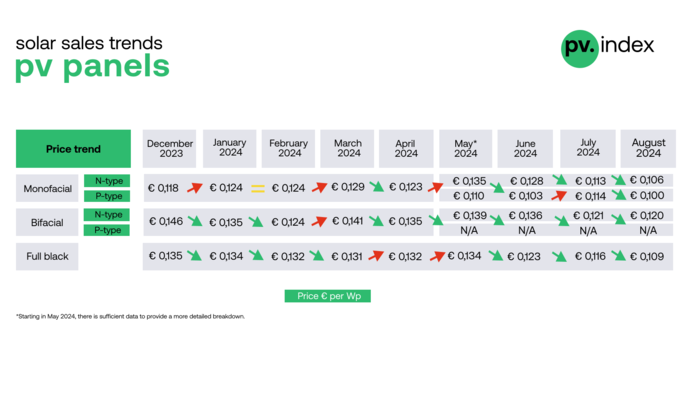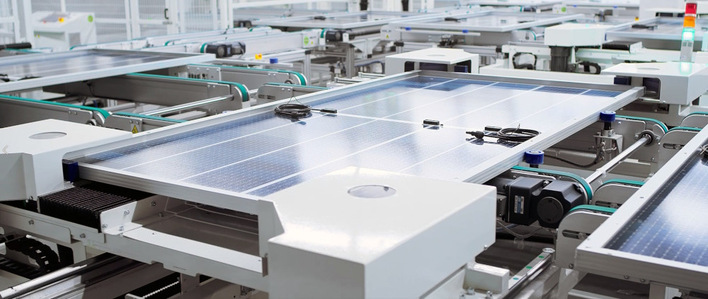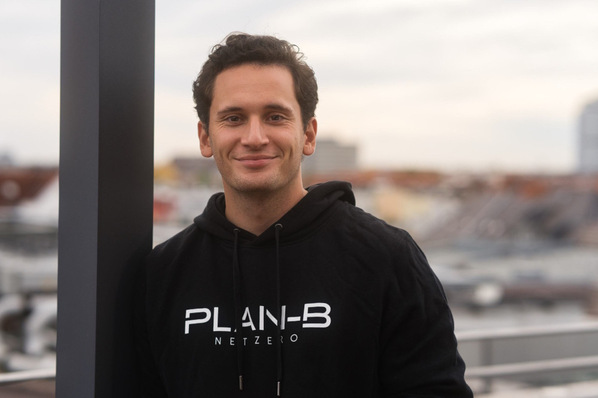As an experienced installer of solar PV projects in municipalities with additional long-term investment expertise, Ecorus was selected to provide a proposal for the feasibility, supply, design, installation and connection of a photovoltaic system for 17 buildings owned by the municipality.
5,000 square metres of PV – a football field
The town council received the Ecorus proposal with recommendation for the municipality to install solar panels on rooftops covering an area of 5,000 square metres. The surface area of all solar modules together is equivalent to that of a football field. The majority of the solar modules was placed on De Branding and De Bamburg sports halls and the municipal workshops.
Payback time of eight years
An investment of one million euros was required for the project, with an estimated payback period of eight years. The solar panels are expected to supply 20 per cent of the electricity required in the related municipal buildings. Therefore, it is considered a profitable investment, with the added benefit that it is completely self-funded by existing city budgets and future energy savings.
Aerial survey prepared planning
Before the construction phase, an aerial survey of the city building rooftops with a UAV (Unmanned Aerial Vehicle) was implemented by Ecorus because they found a large influence of shadows onto the solar modules from their surroundings. The study was able to determine the optimum placement of solar modules for the highest solar energy yield on all the varied roof surfaces.
The construction of the PV project began on July 10th, 2015. As part of the project, energy loss of all the city buildings was studied and a plan to reduce losses with additional insulation and digitizing of the heating systems was implemented. Insulation was strategically placed in boiler rooms and in roofs to minimize the building energy consumption.
3,400 Modules and 34 inverters
A total of 3,400 solar modules (250 watts each) and total of 34 Delta solar inverters with outputs of 5 kVA, 10 kVA, 20 kVA were installed in the 17 different municipal buildings. The installations were challenging because the solar modules had to be placed on 17 different roofs and each one required a slightly different type of roof mounting system.
Despite these challenges, Ecorus was able to install the entire lot of PV systems in a relatively short time. The construction phase lasted for a total of 4.5 months and the commissioning ceremony took place on December 1st, 2015.
The new solar rooftop systems are generating around 1,000 MWh solar energy annually. Delta and Ecorus expect to work on further similar projects in the mission of helping municipalities reduce their carbon emissions by installing more solar PV systems and thereby creating secure, sustainable and affordable energy. (HS)


